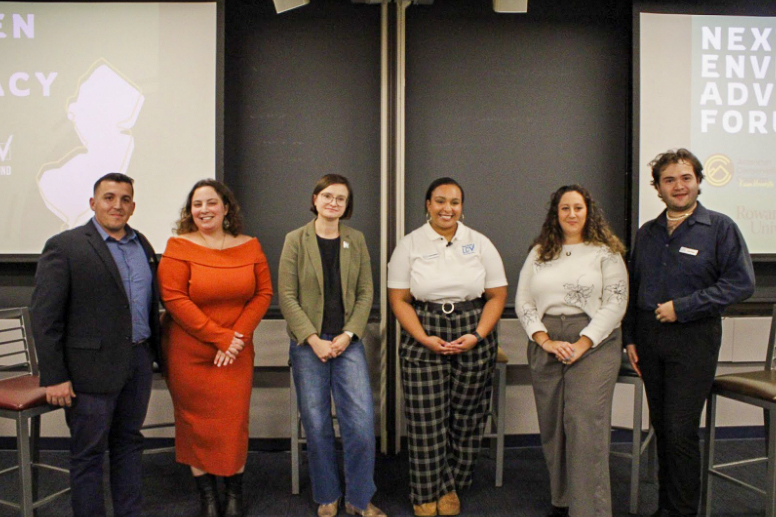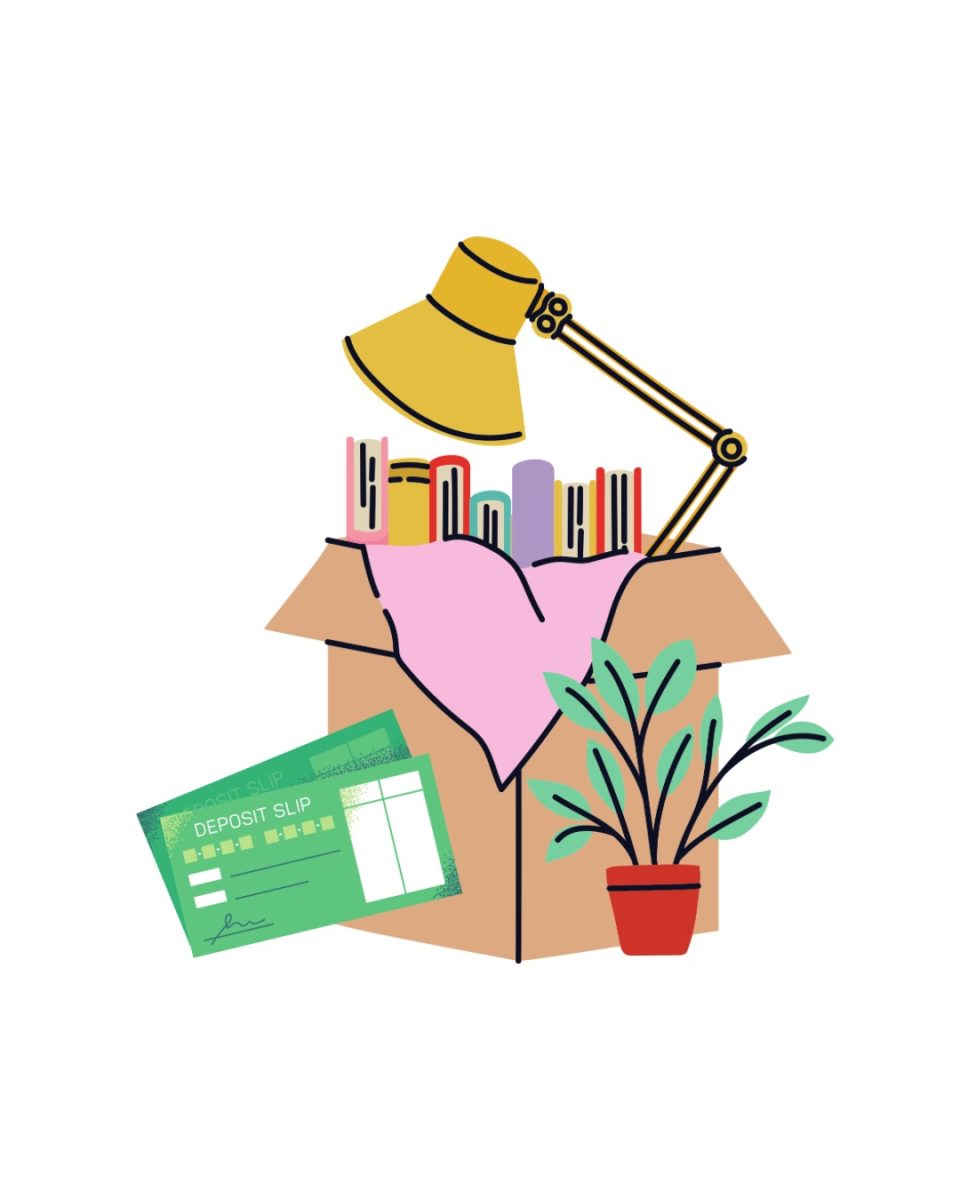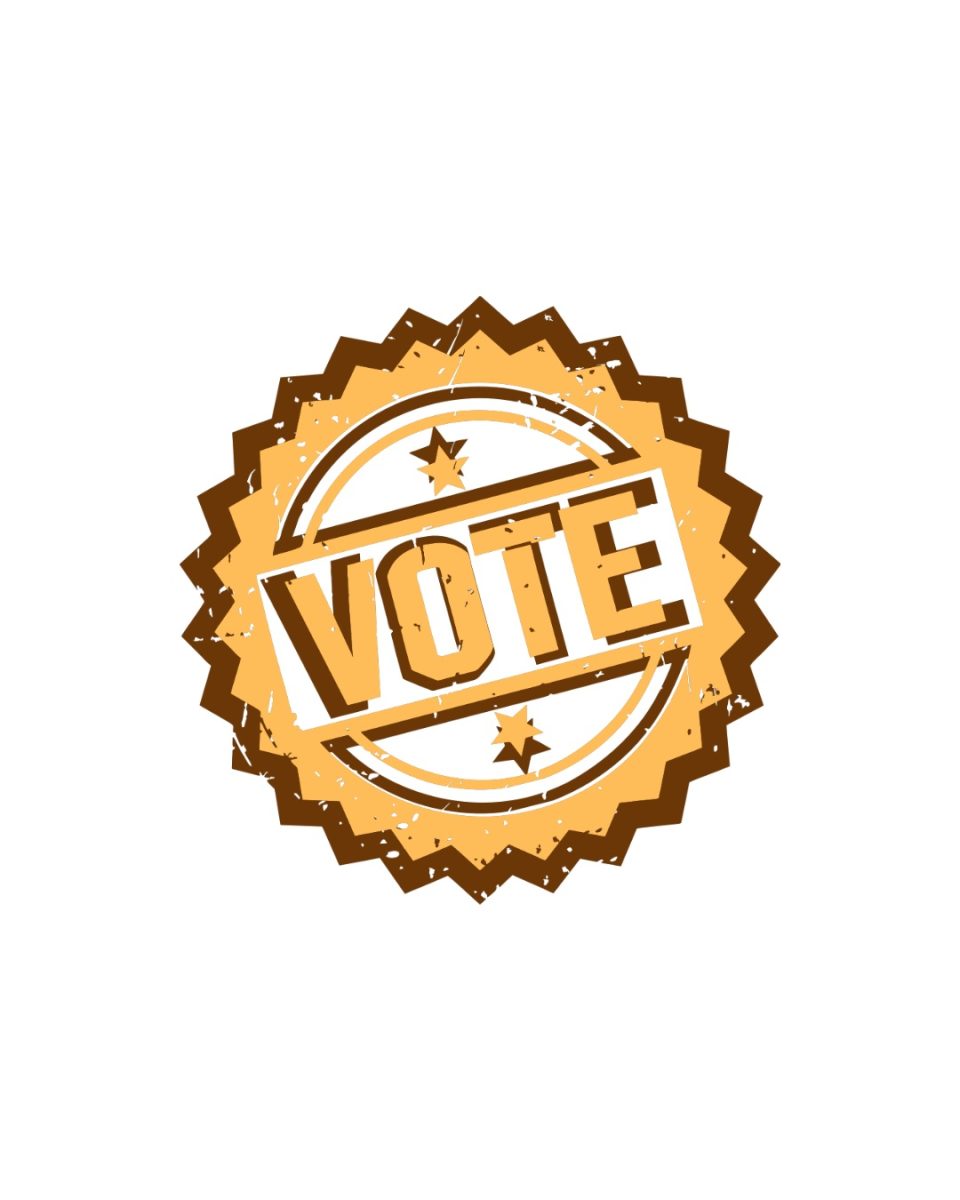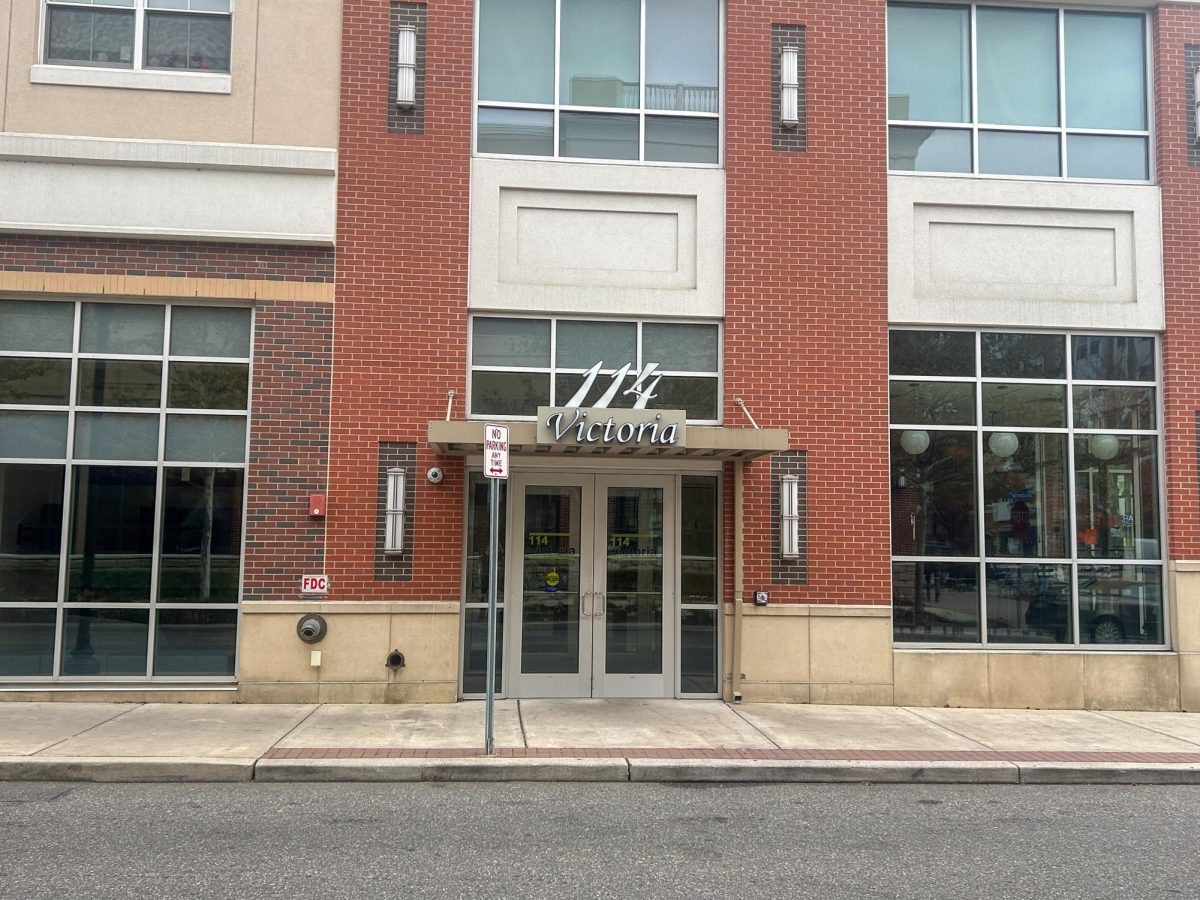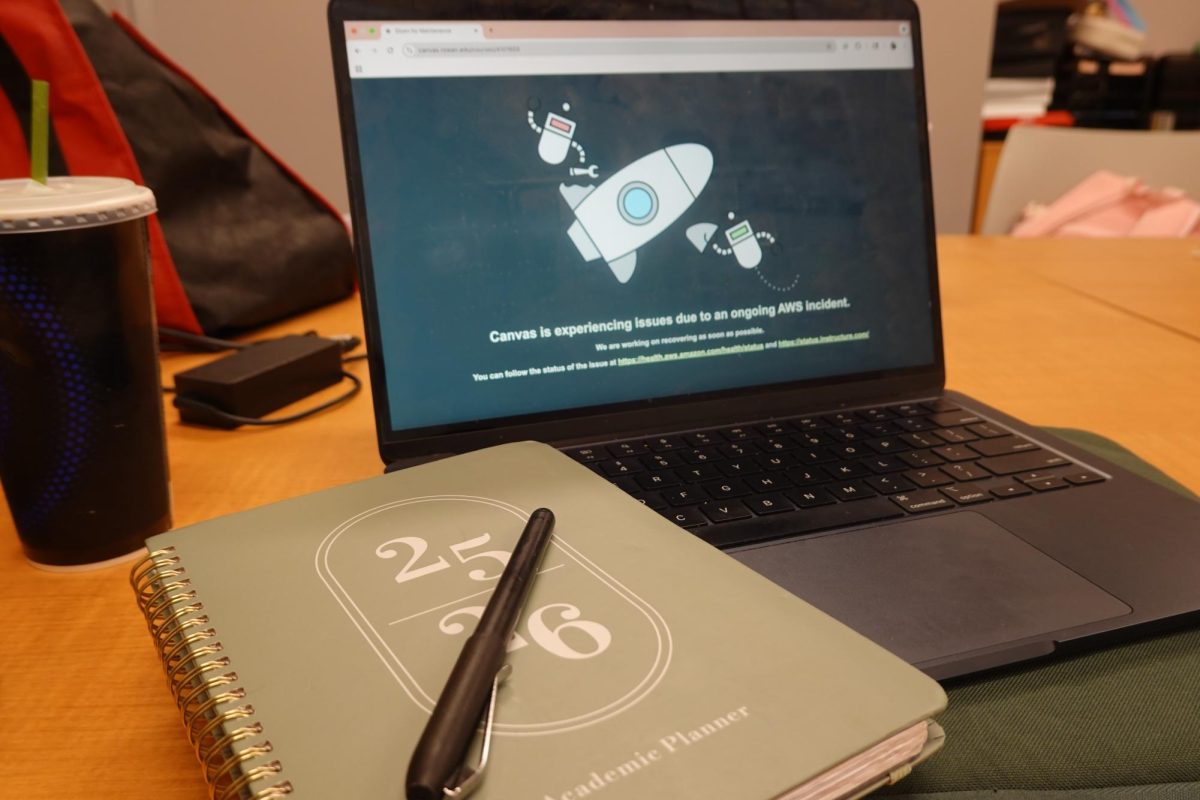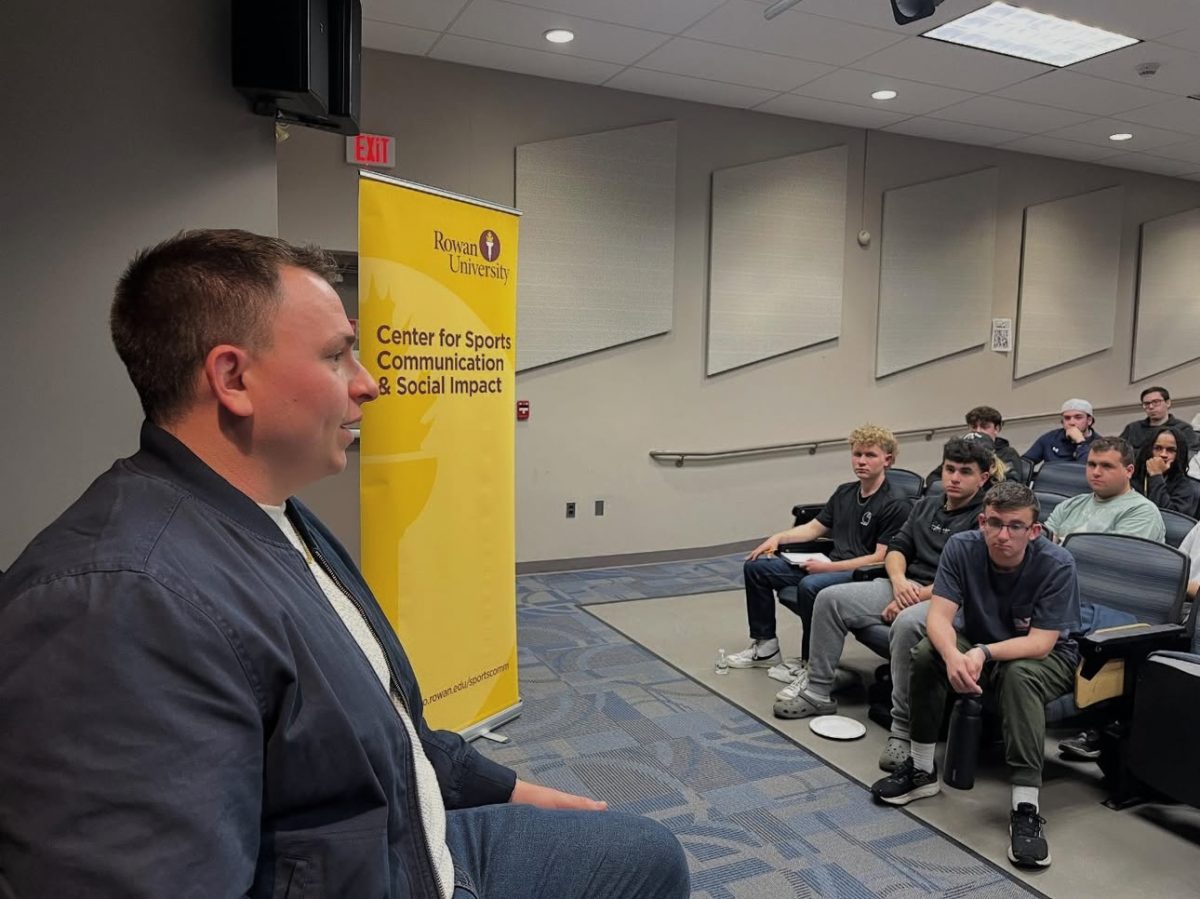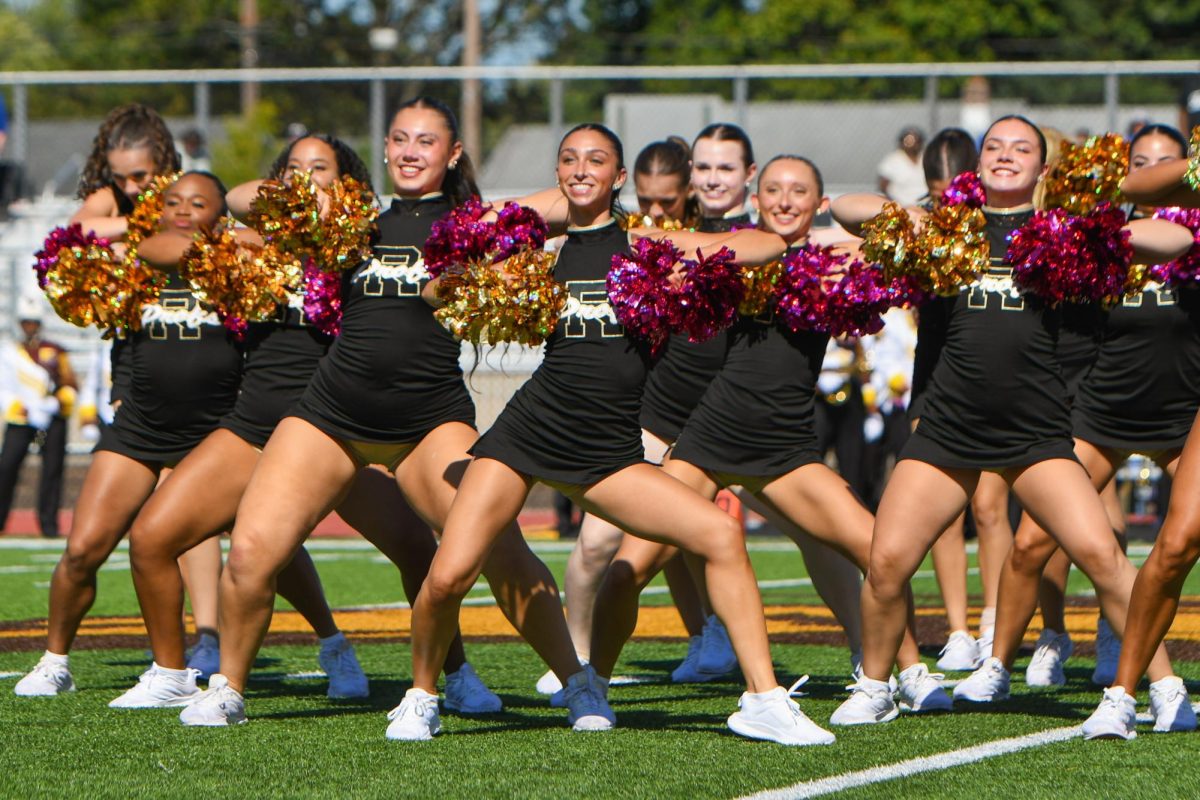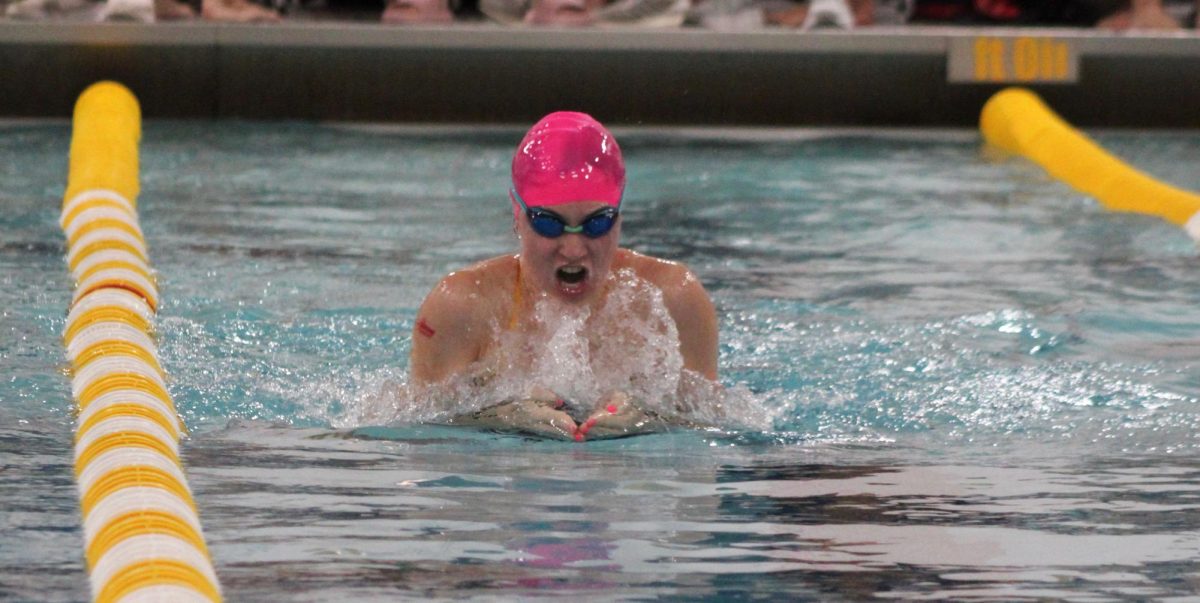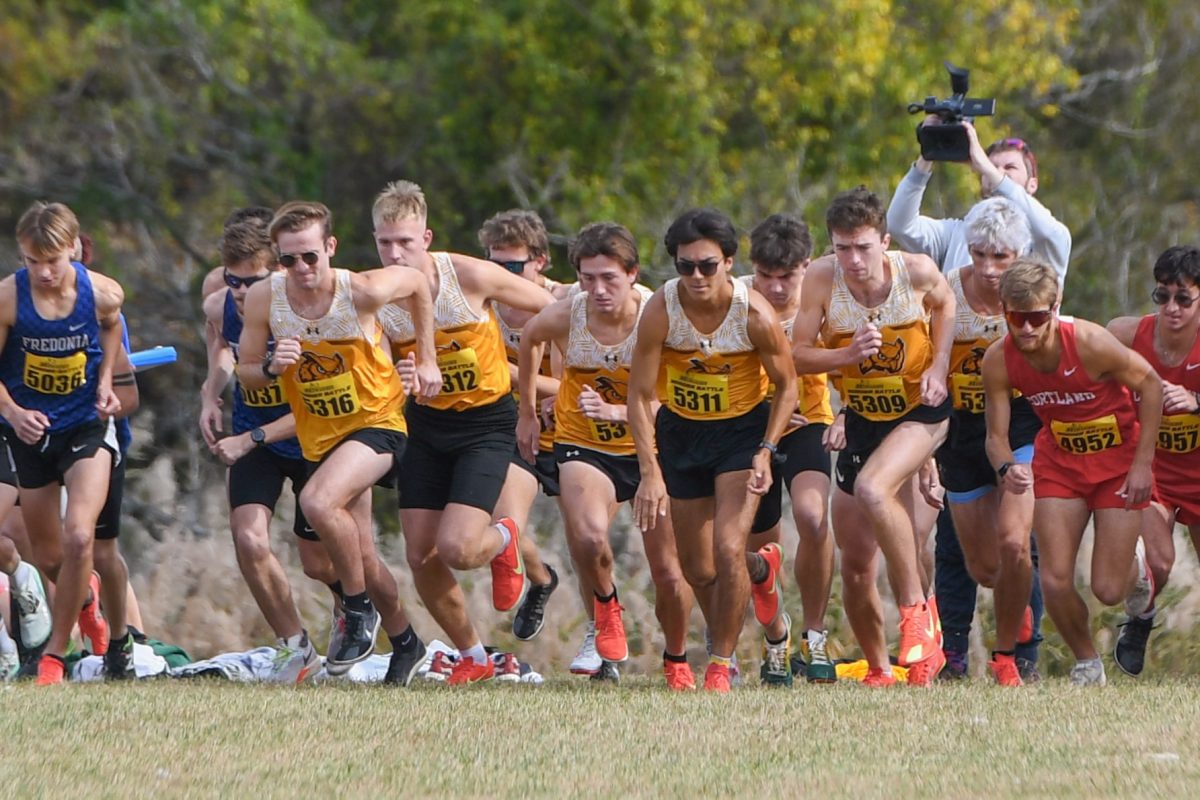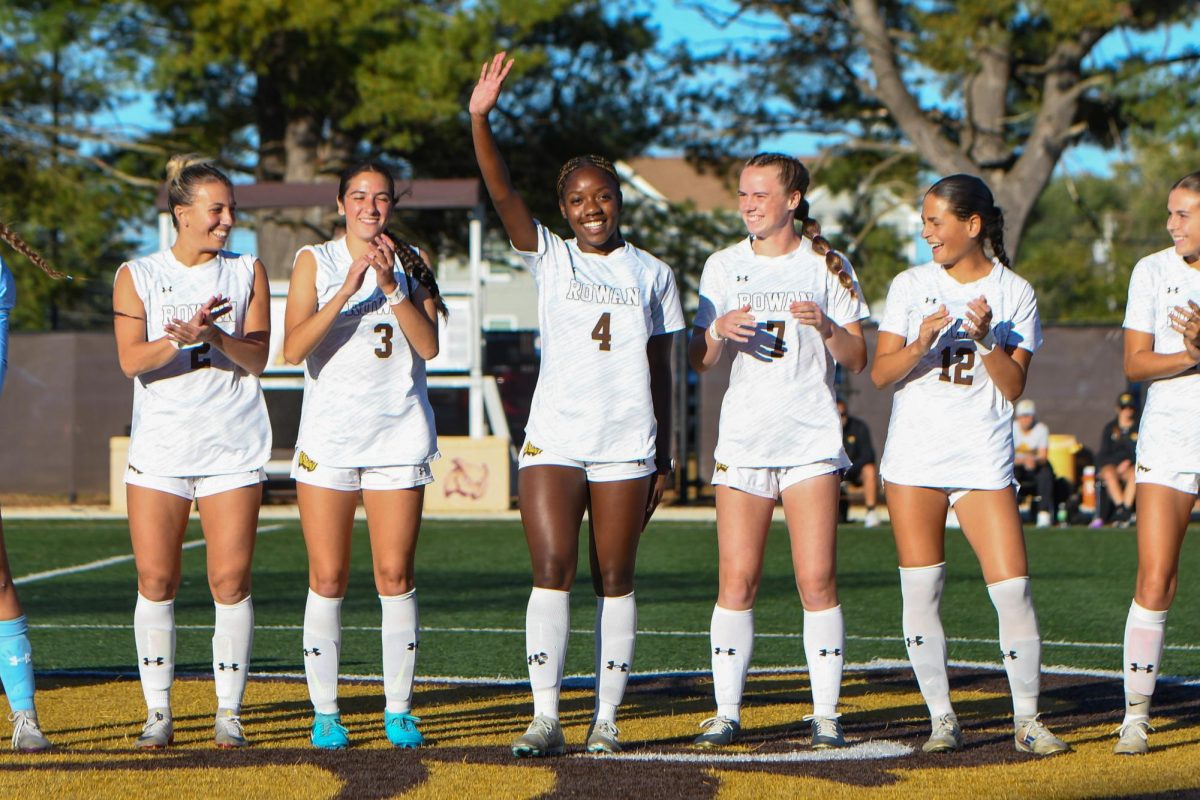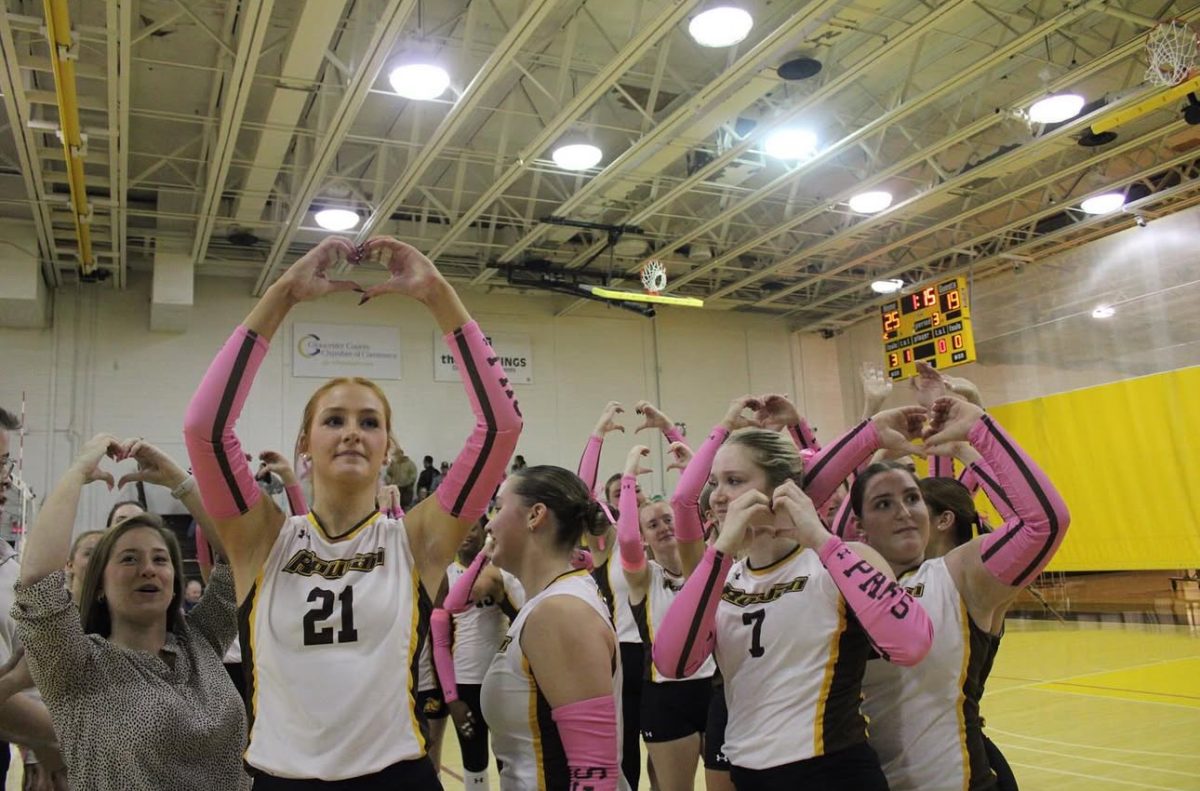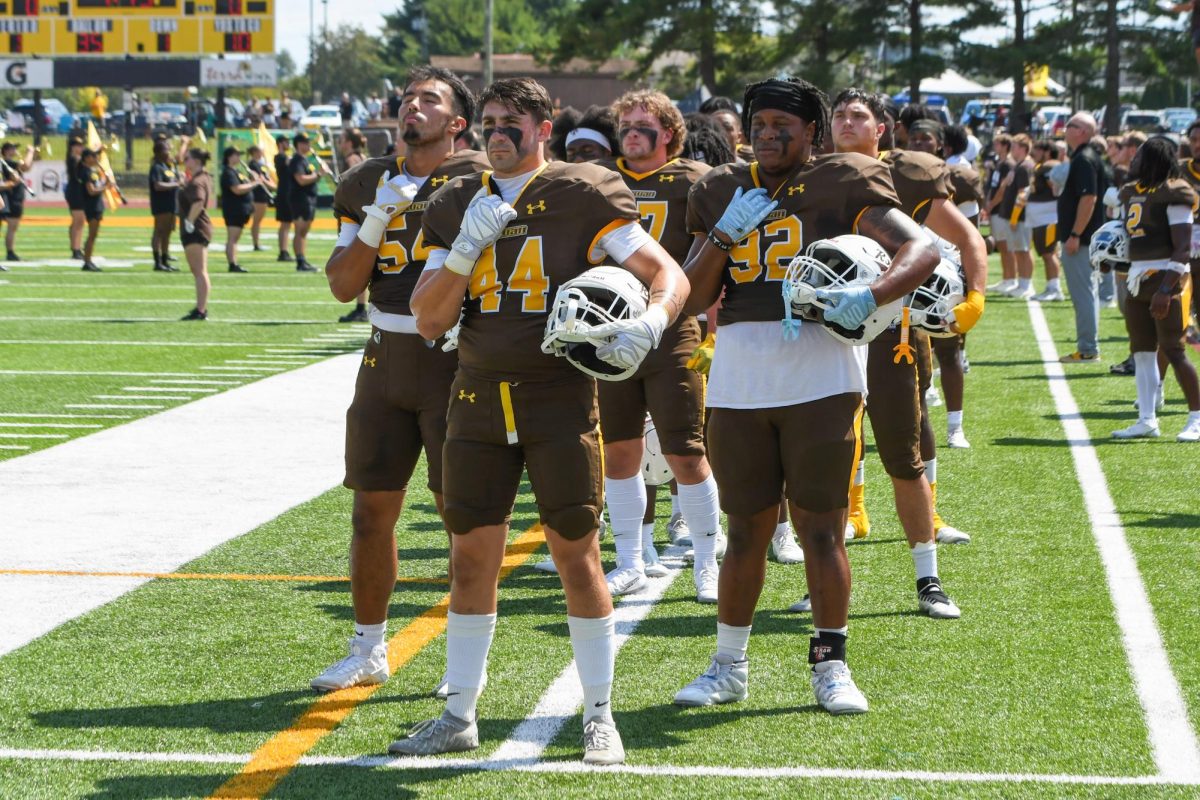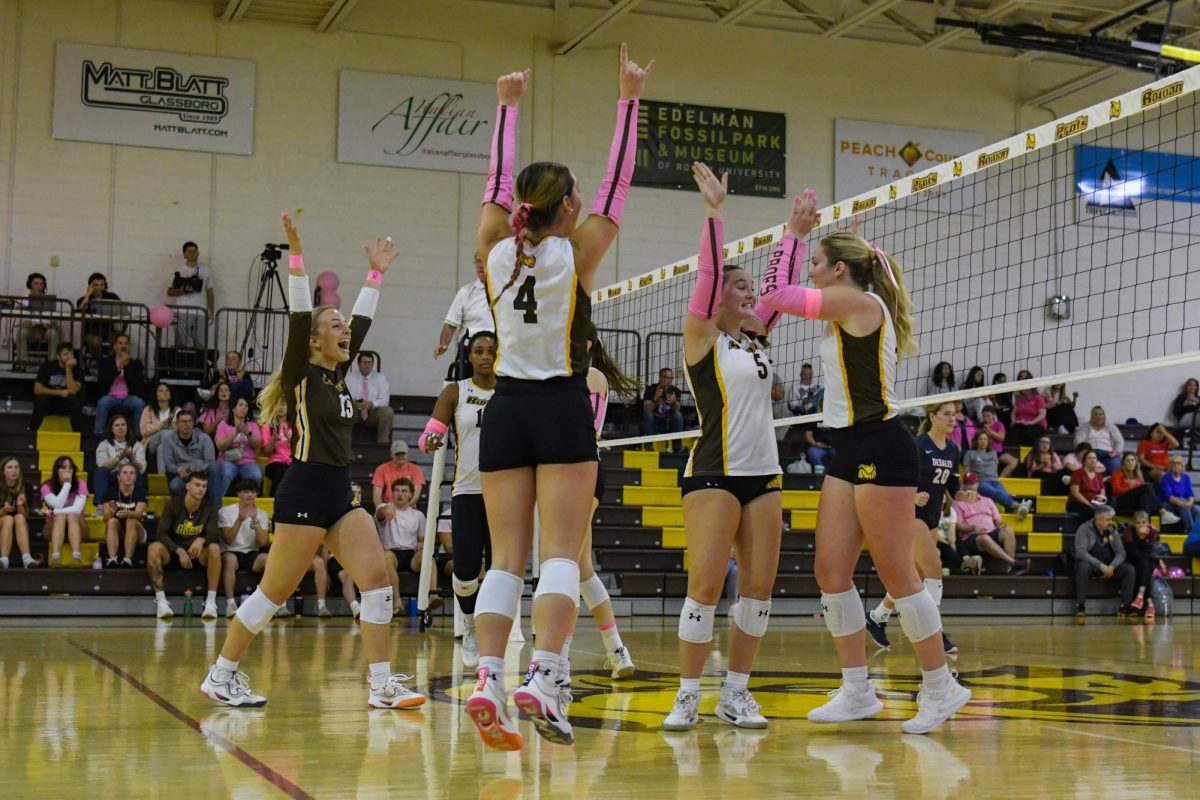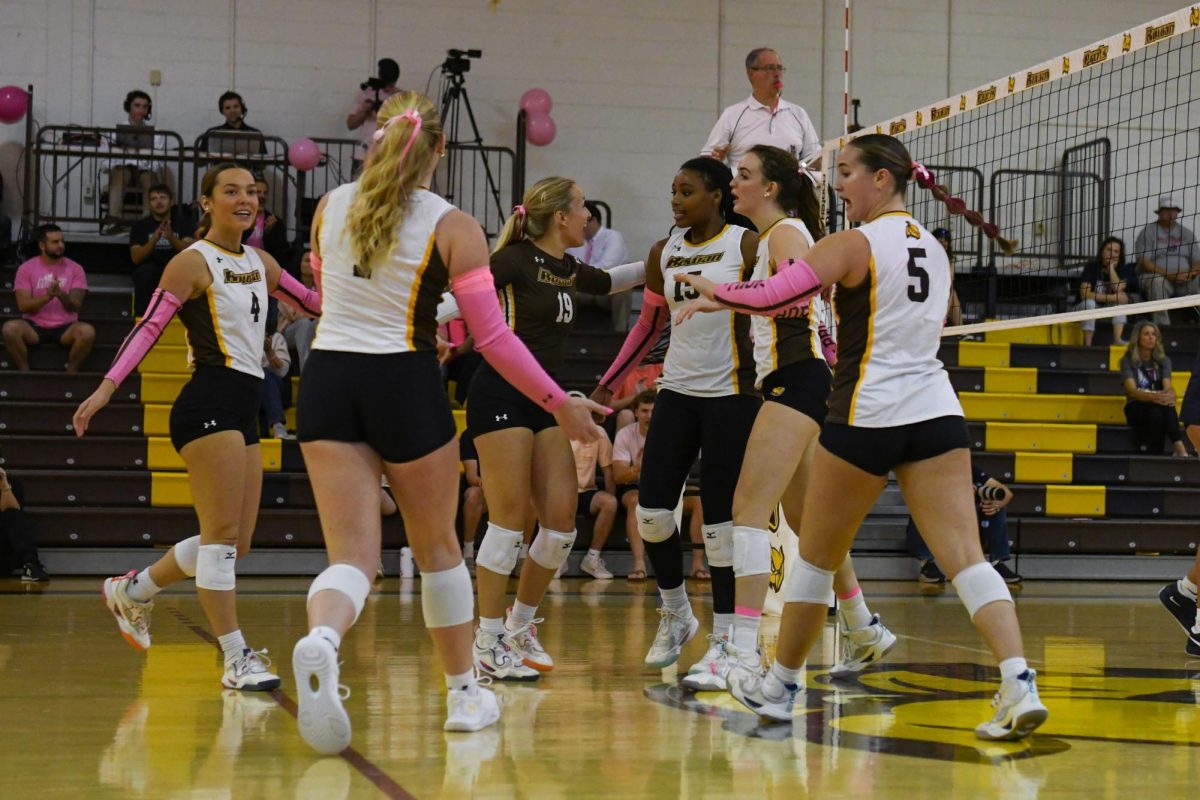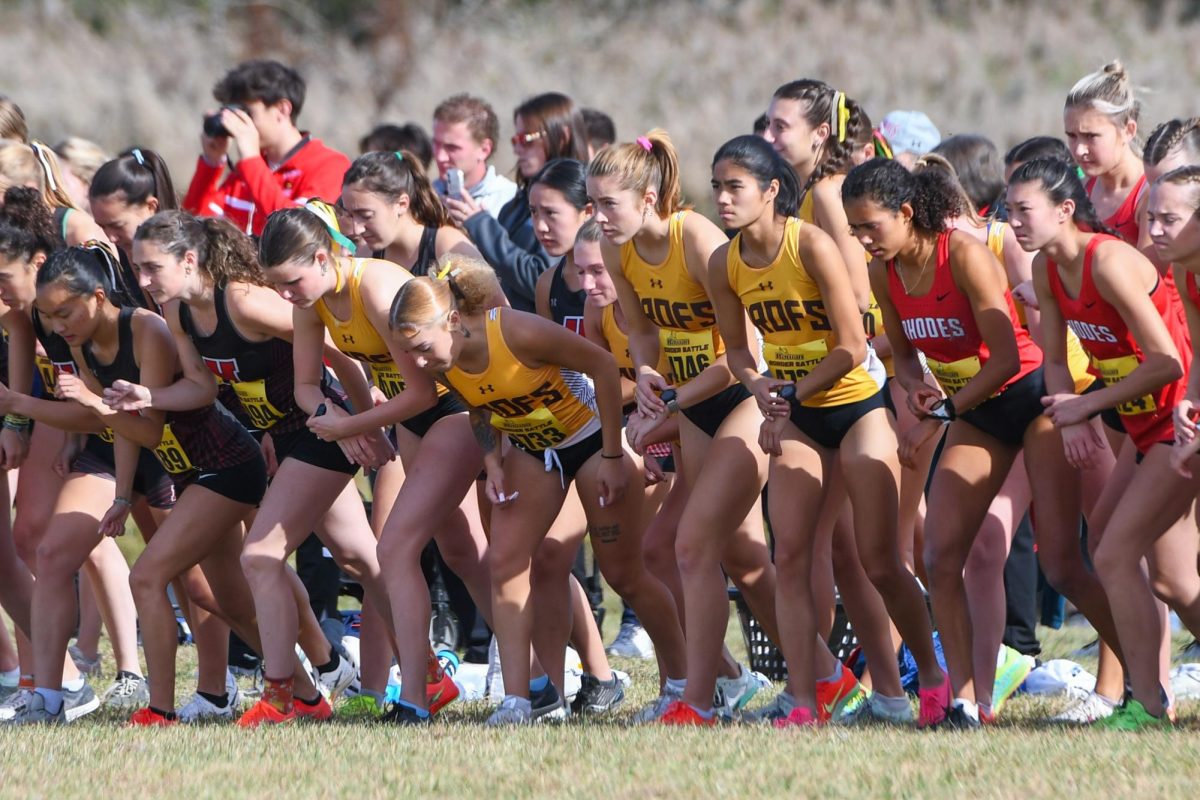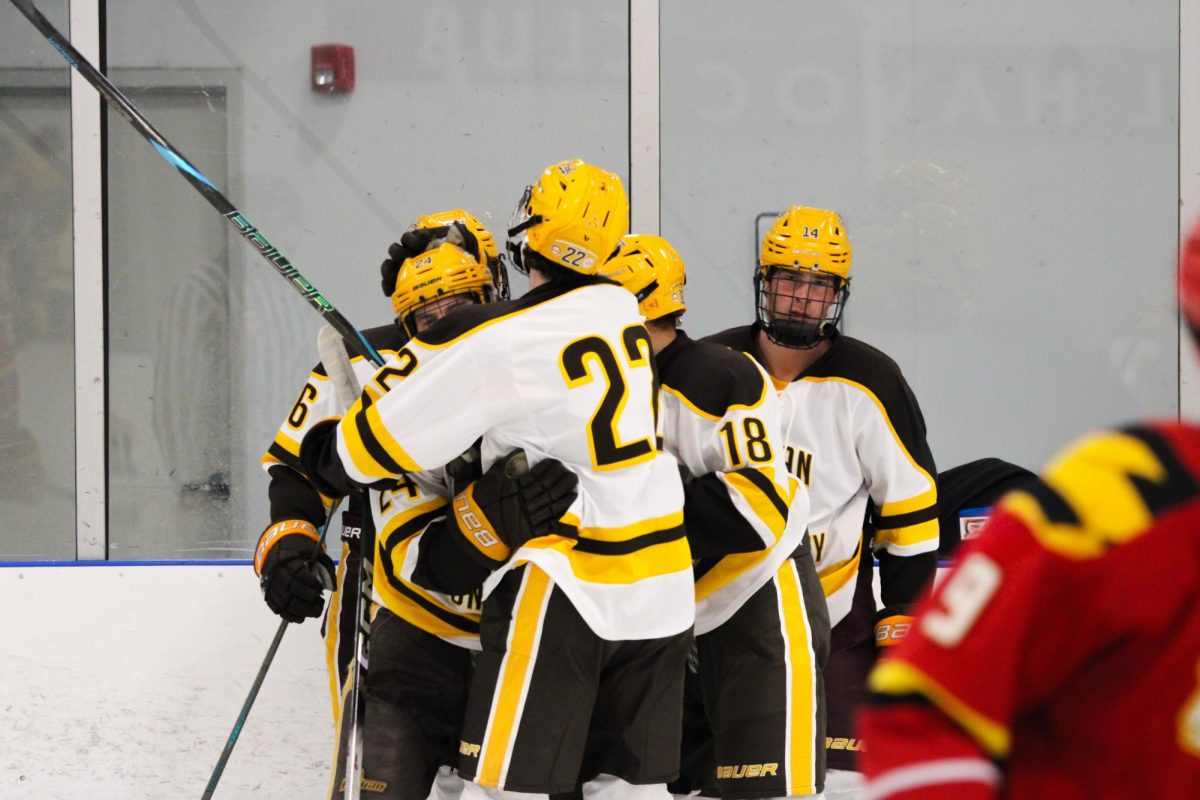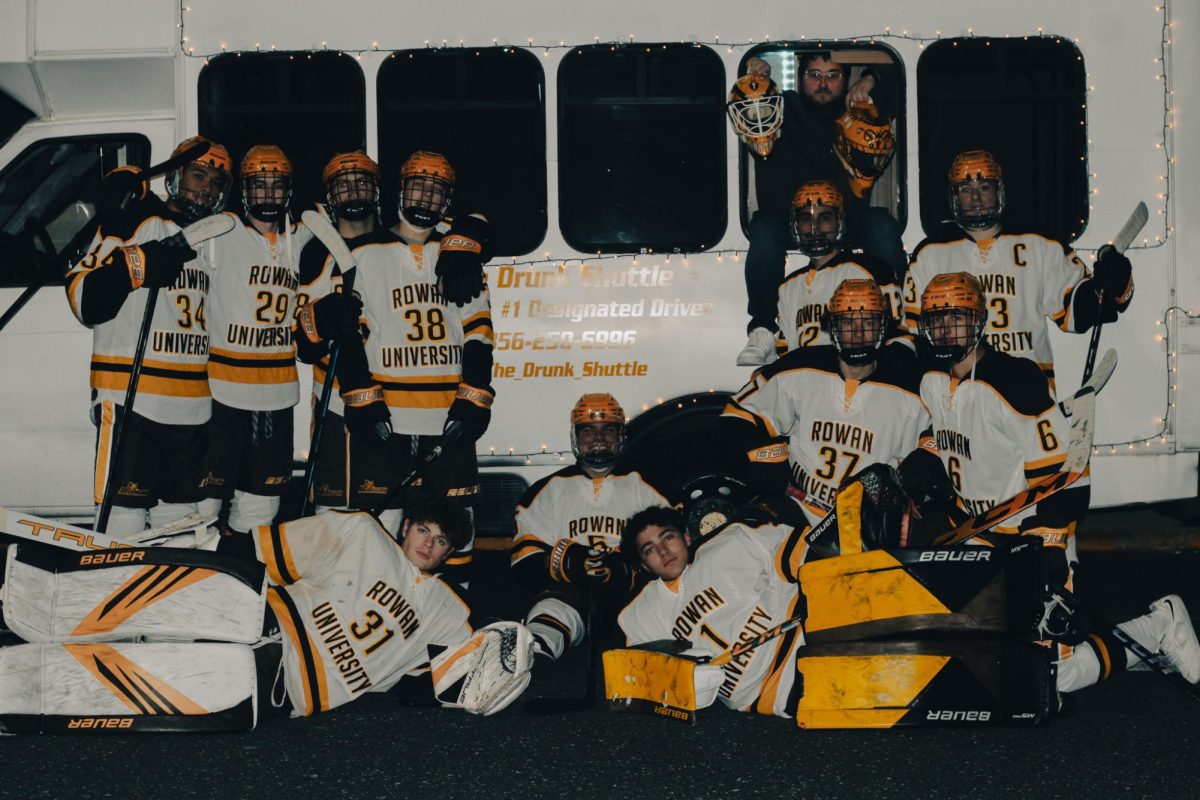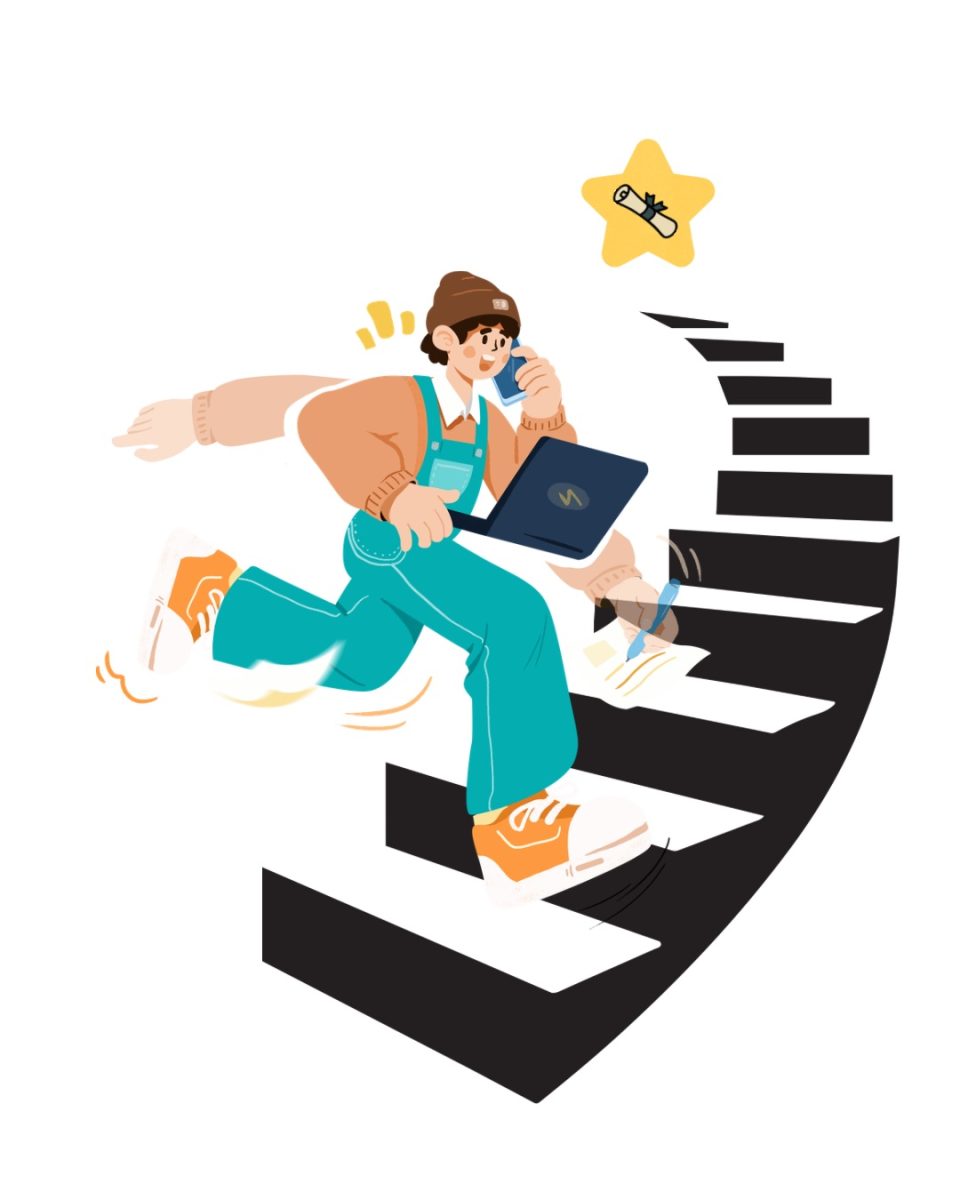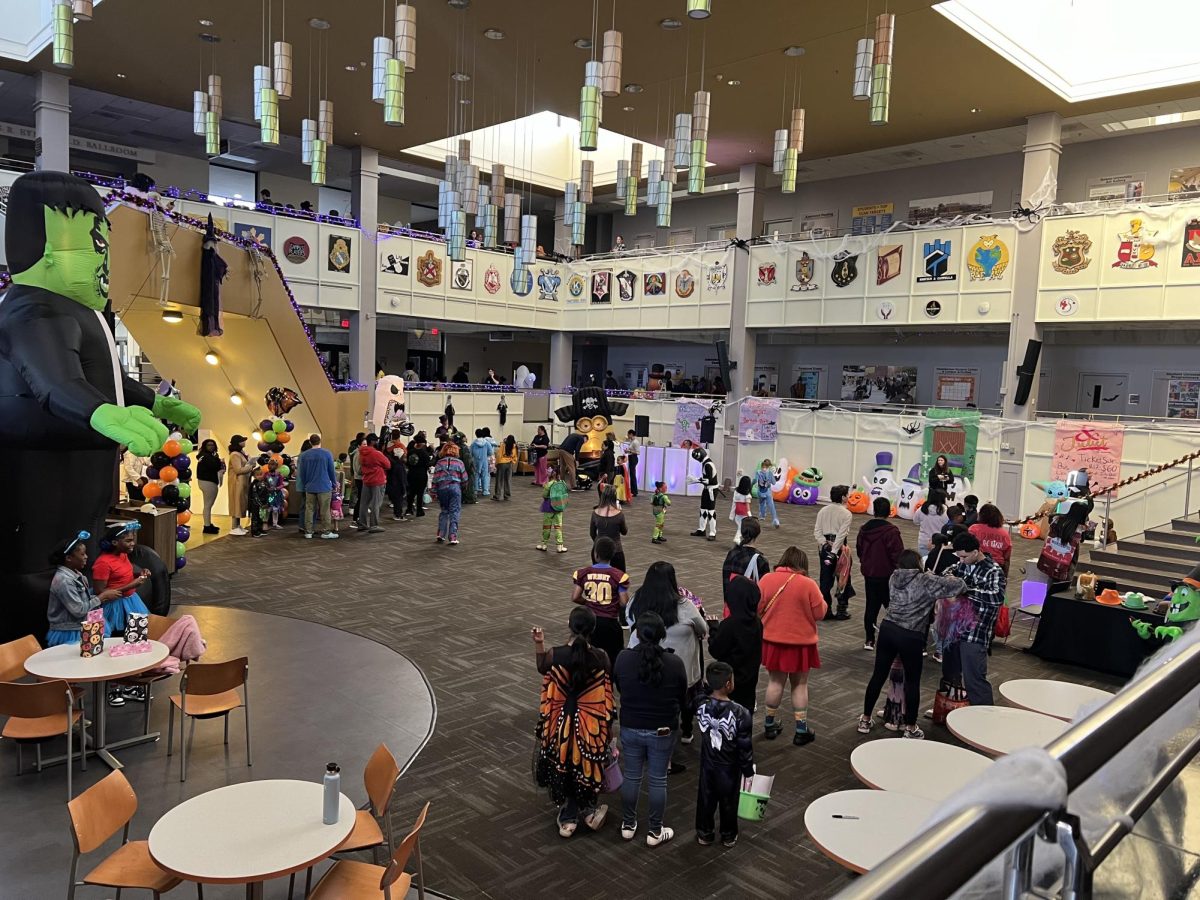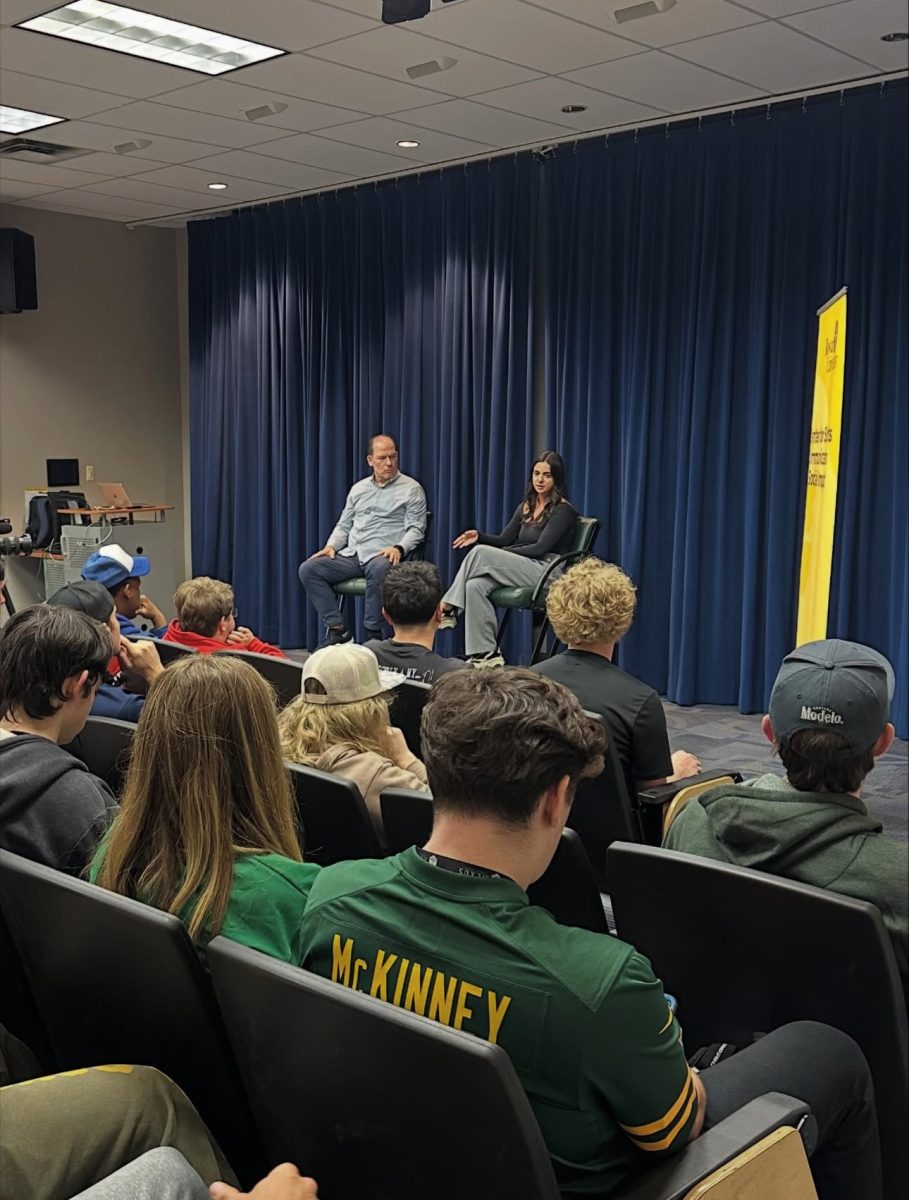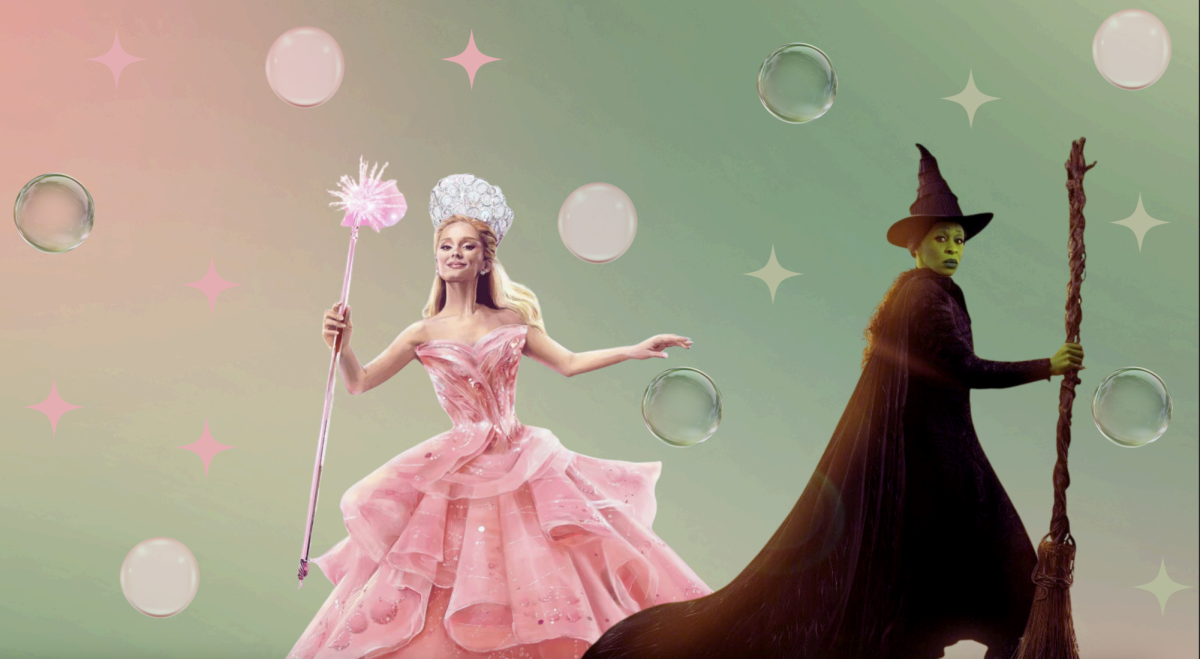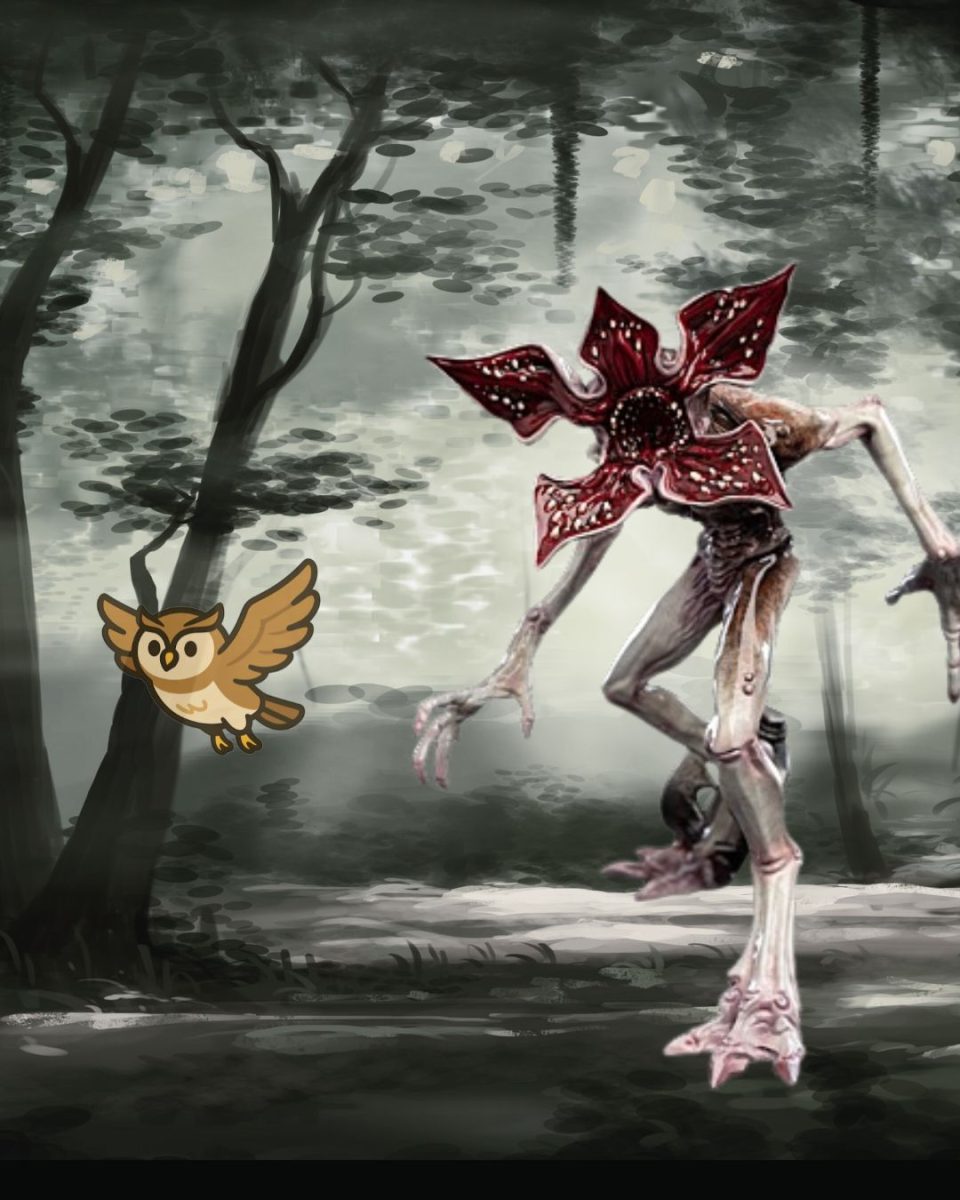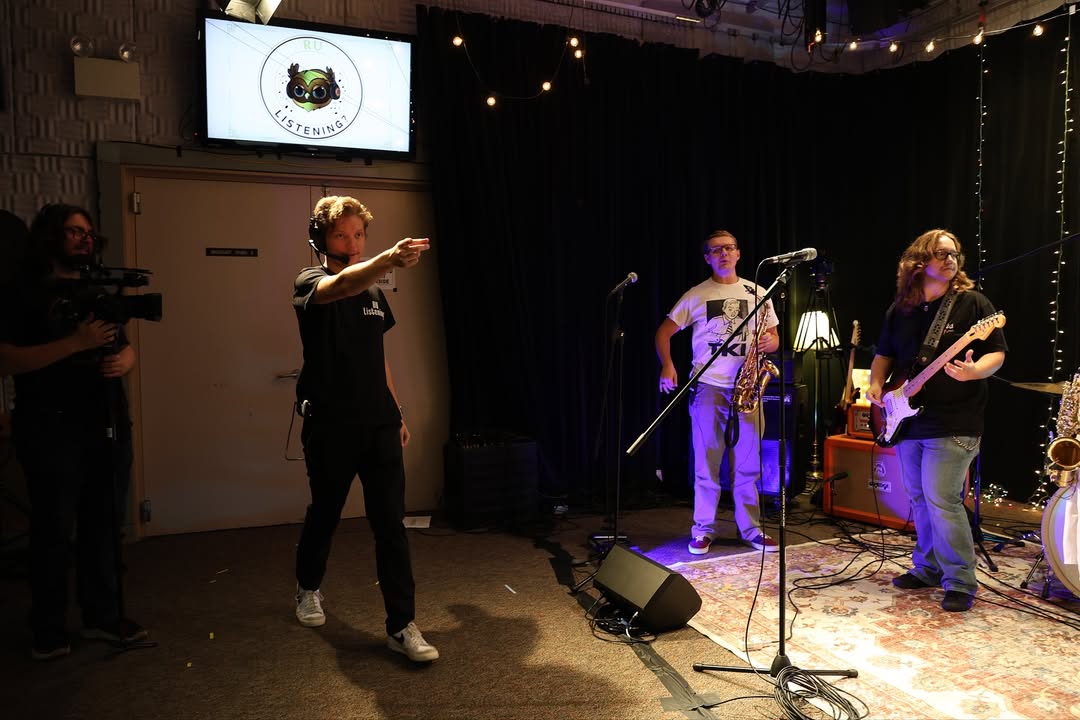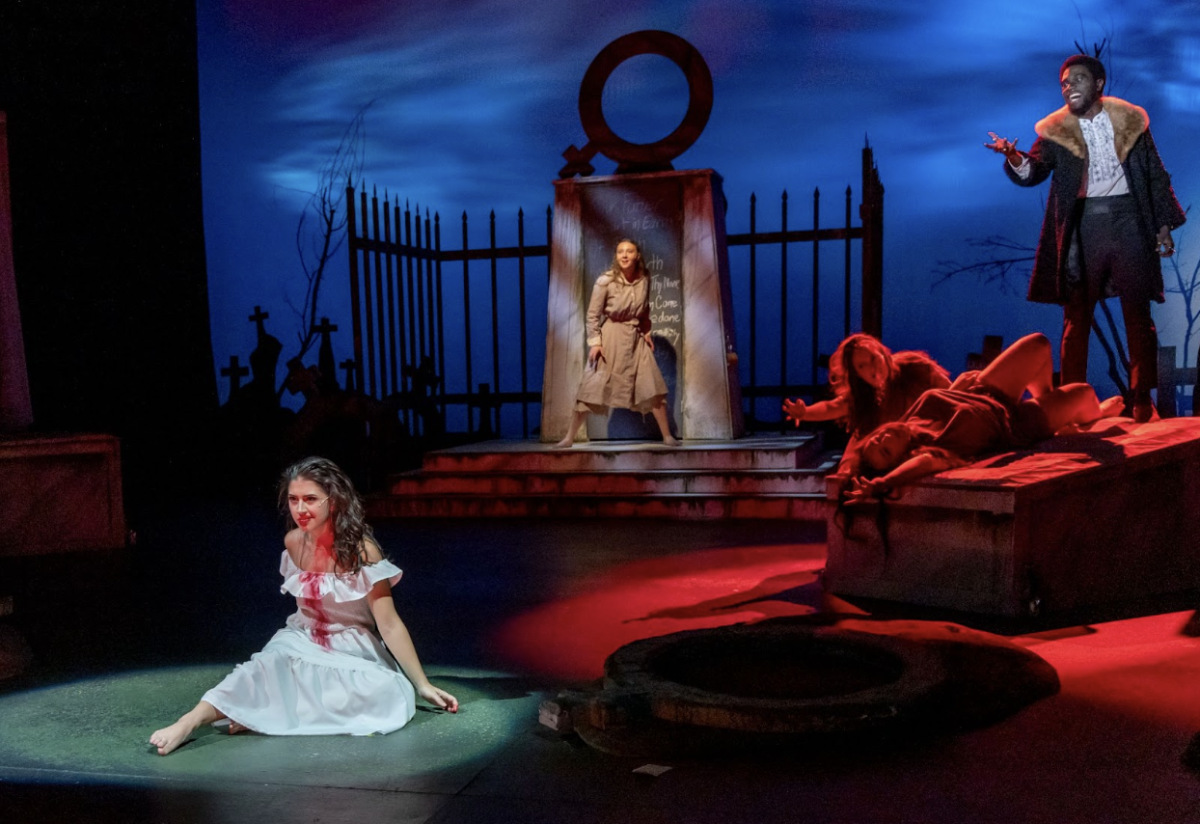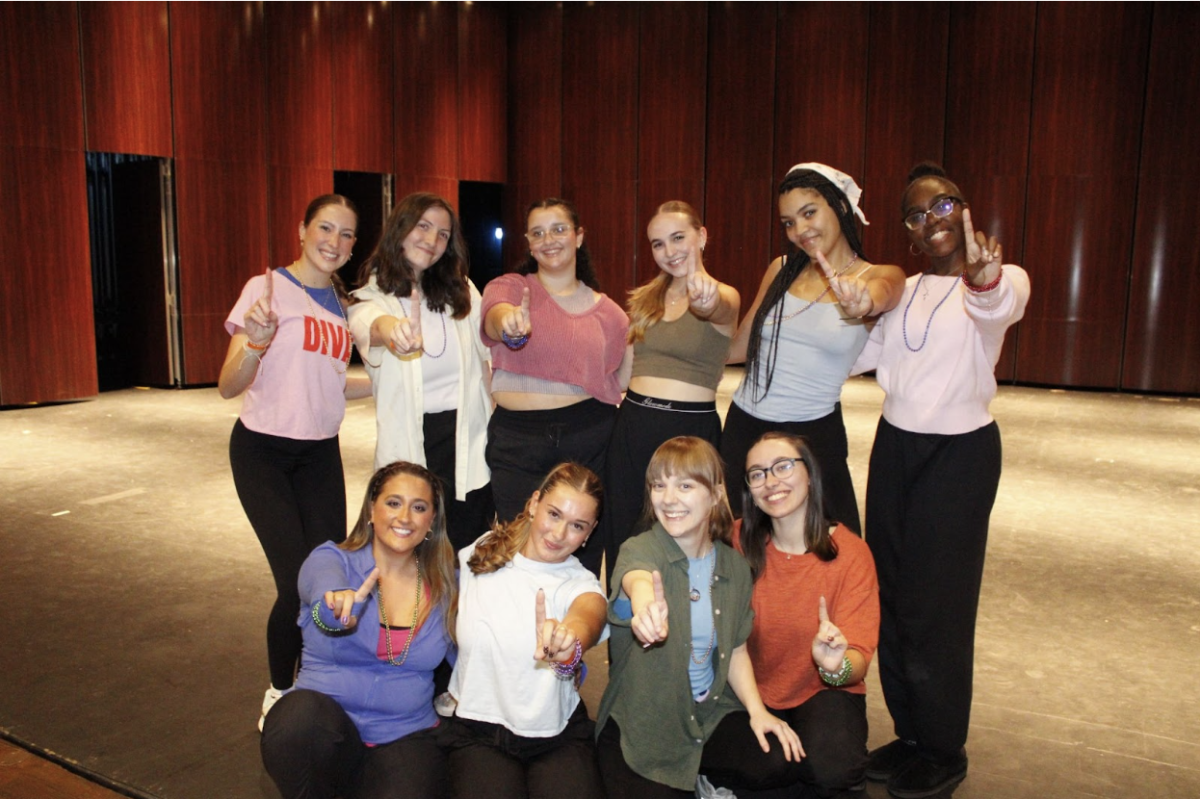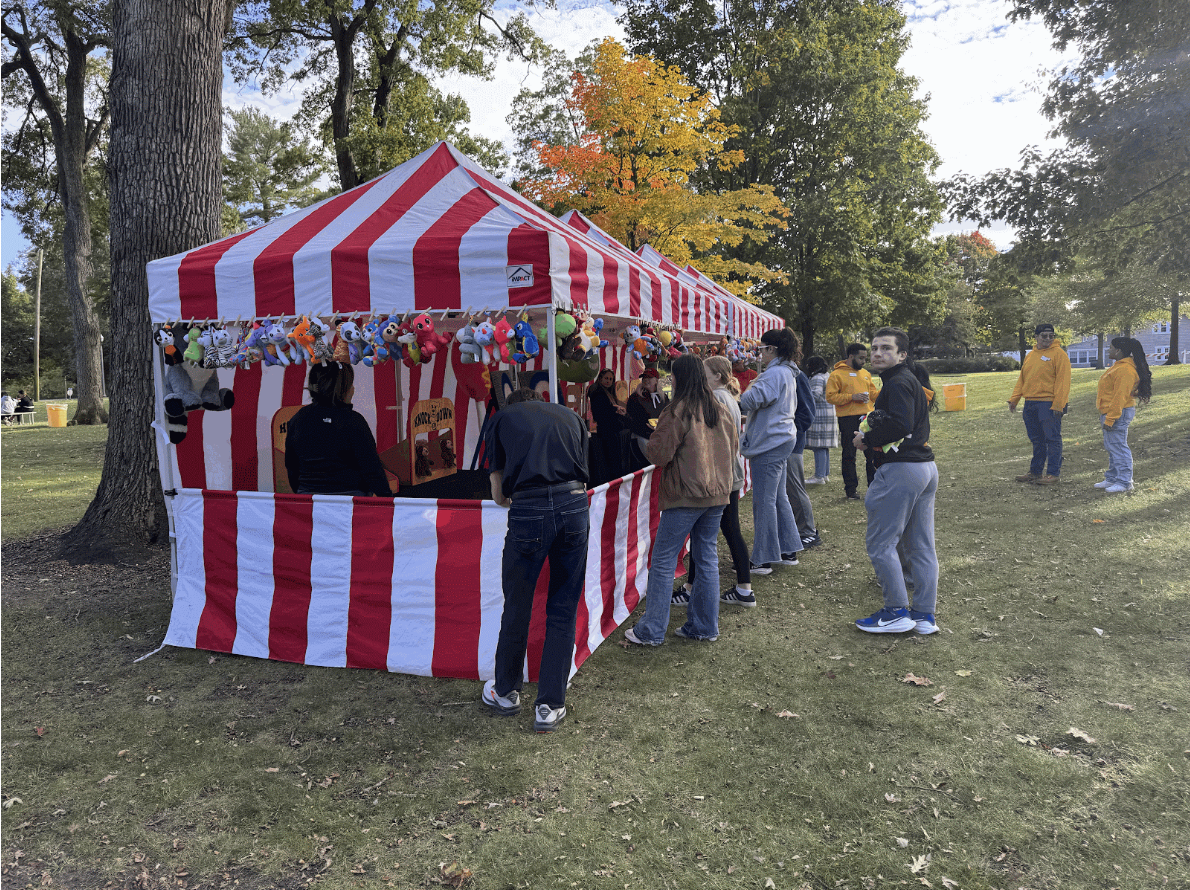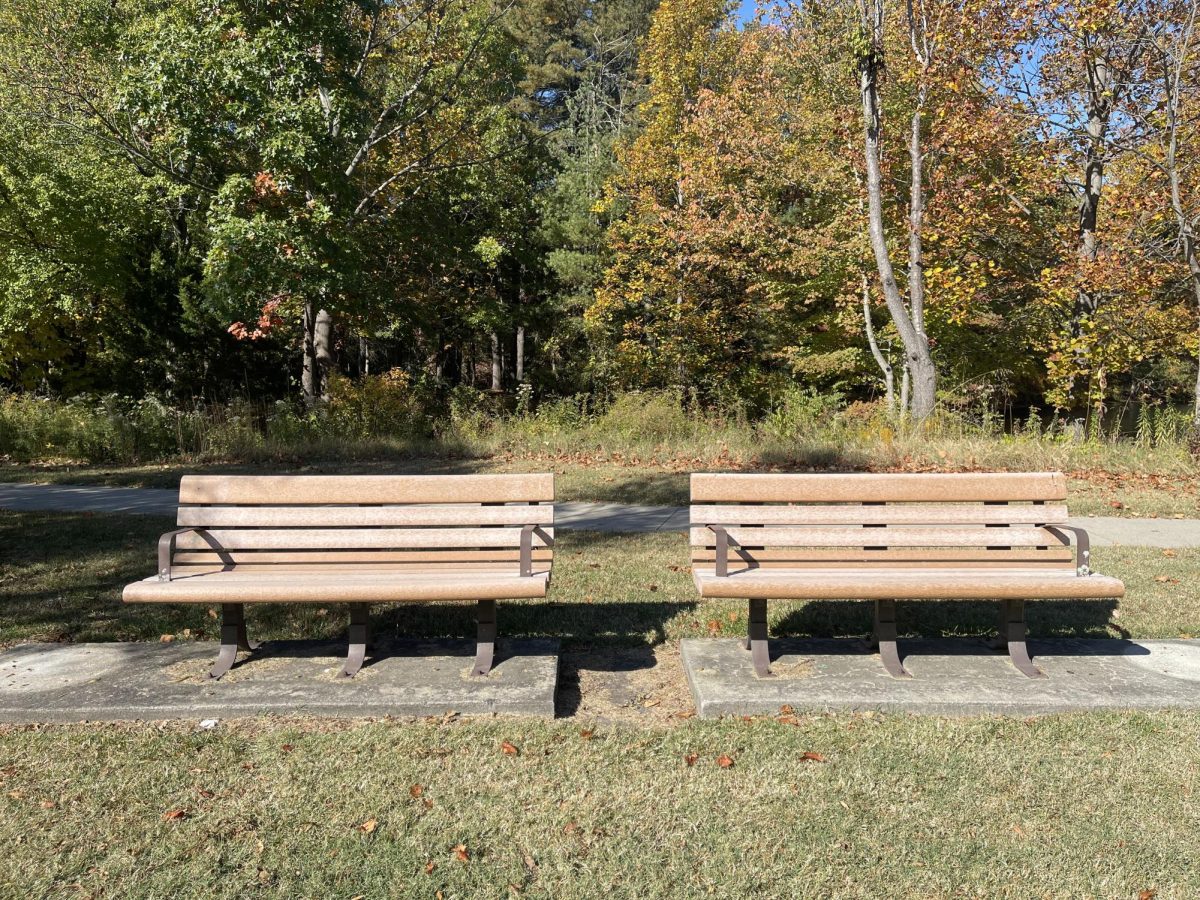What was the last book you enjoyed reading? If you don’t consider yourself much of a reader, it was probably a book you read for school. Maybe it was “The Outsiders” by S. E. Hinton because you thought one of the main characters was hot. Or you had enough teen angst at the time to think that being a 1960s greaser was your true calling in life. Either way, you enjoyed it because you were having fun.
Another book in this category might be “The Great Gatsby” by F. Scott Fitzgerald. Despite the countless discussions on the symbolism of the green light and whether or not the narrator is gay, who doesn’t love a tragic romance novel?
According to Purdue ePubs (PEW), a subsection of Purdue University Libraries, 79% of 18 to 29-year-olds have read a book within the past 12 months. Whether this be for instructional purposes or pleasure is unclear, but we as college students have the ability to read and do so frequently — despite what many other generations believe, perplexed by our TikTok addiction. This isn’t to deny the presence of a TikTok addiction, but two things can be simultaneously true.
As college students, our prior reading material has largely comprised Shakespearean classics and societal criticism. Your high school English class probably read “A Midsummer Night’s Dream” and you might have been assigned “The Jungle” by Upton Sinclair to understand America’s Industrial Revolution in history class.
This type of reading was for criticism, to teach a topic far larger than the scope of the book itself. You weren’t taught “The Great Gatsby” to debate whether or not Nick Carraway was in love with the titular character, but rather you were taught this book to have an in-depth analysis of the various symbolic elements of it.
To make a point, the American public education system does not, broadly speaking, foster a love of reading. Instead, we read to be taught another point entirely. And with a Pavlovian connection made that reading would inevitably lead to tests, essays and destruction of the narrative via “why are the curtains blue” rhetoric, many stopped reading entirely.
But reading doesn’t have to be associated with looming clouds of assignments and grades — and The Whit encourages the Rowan student population to never think of a book in this manner again. Maybe you’re an English student who enjoyed reading “Beowulf” and analyzing the meaning of Beowulf’s last words in an essay equal to the length of the epic itself, but when was the last time you picked up a novel, thought, “Wow that was fun,” and moved on?
That is what the core of what reading is meant to be, after all. Whether you enjoy the in-depth analysis of a book or just read through a cheesy romance novel — if you’re enjoying a book then you’ve succeeded at the goal of reading.
The act of reading does not have to be important or monumental. You read a novel by Kurt Vonnegut during your lunch break? Cool. You read a comic book about what it would be like if Superman was Russian? Also neat. The point is to not worry about the perceived value of what you’re reading. Because so long as you enjoy yourself in the process, you’ve succeeded.
Reading isn’t about the technical level of it, or how many pages you read per minute. The point of reading is to act as an escape for the individual — a break from the stree of daily troubles.In 2021, U.S. publishers sold 825.7 million physical book copies — so many books that no person could ever be capable of reading them all. So read what you want. Don’t think about it too much, don’t pine over your endless to-be-read list or think about the hundreds of books you might have missed by not reading sooner. Just pick up a book, start reading and hope you enjoy it. Maybe you can get a recommendation from TikTok.

